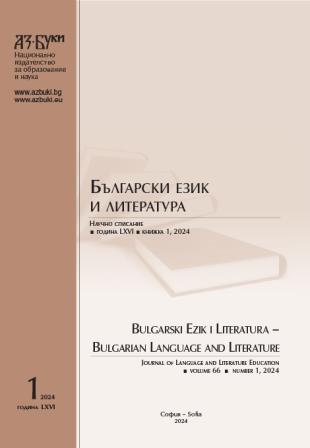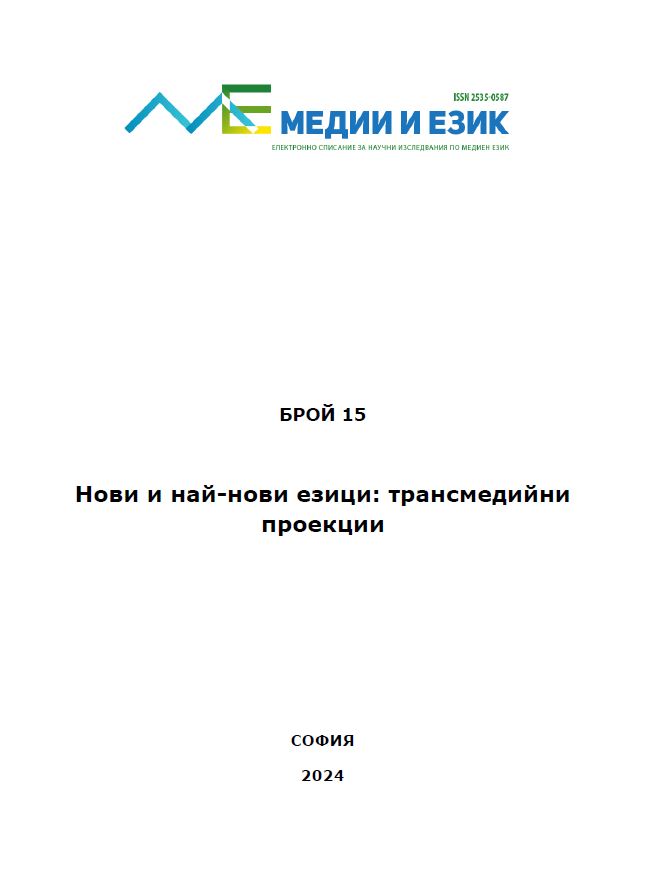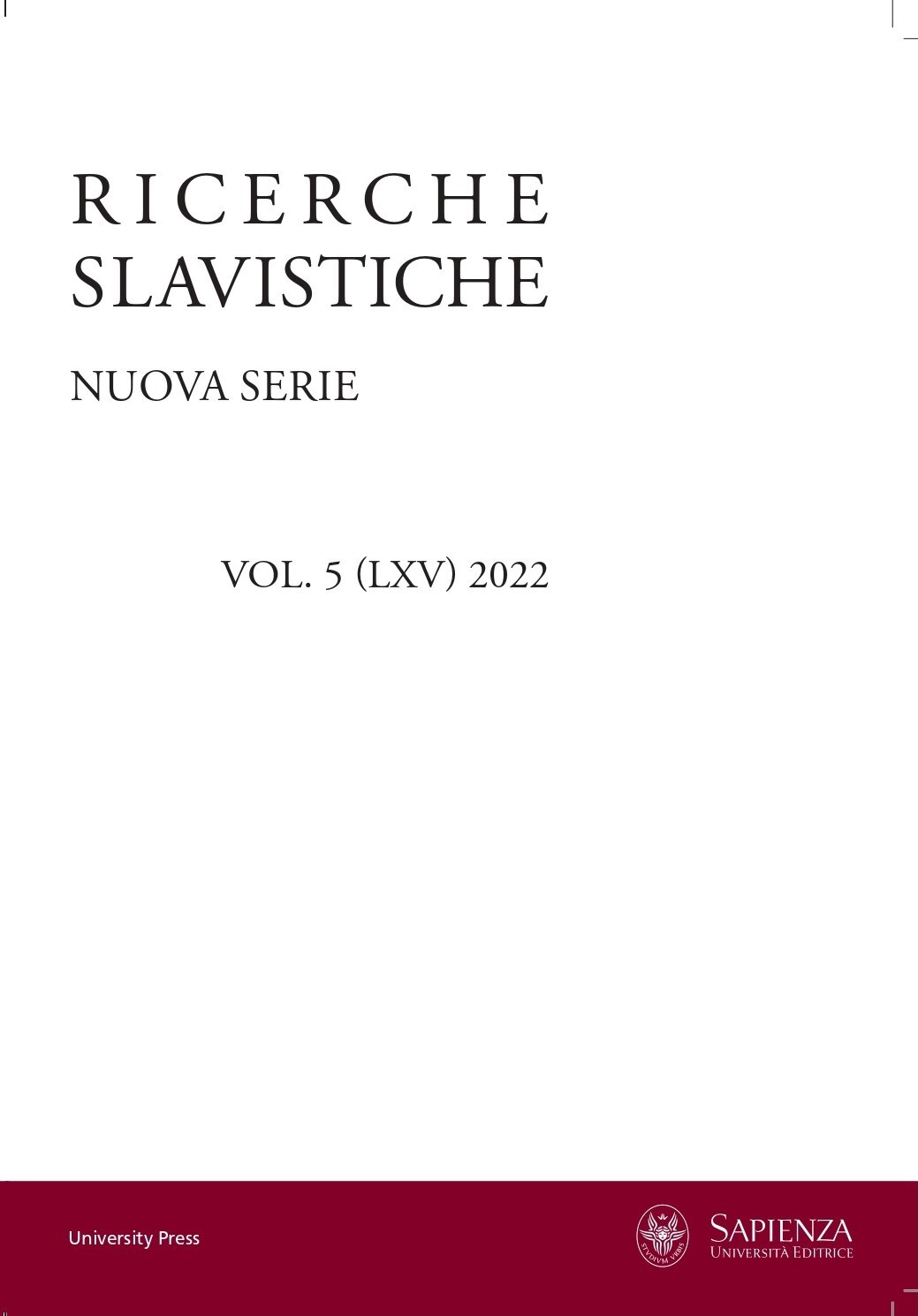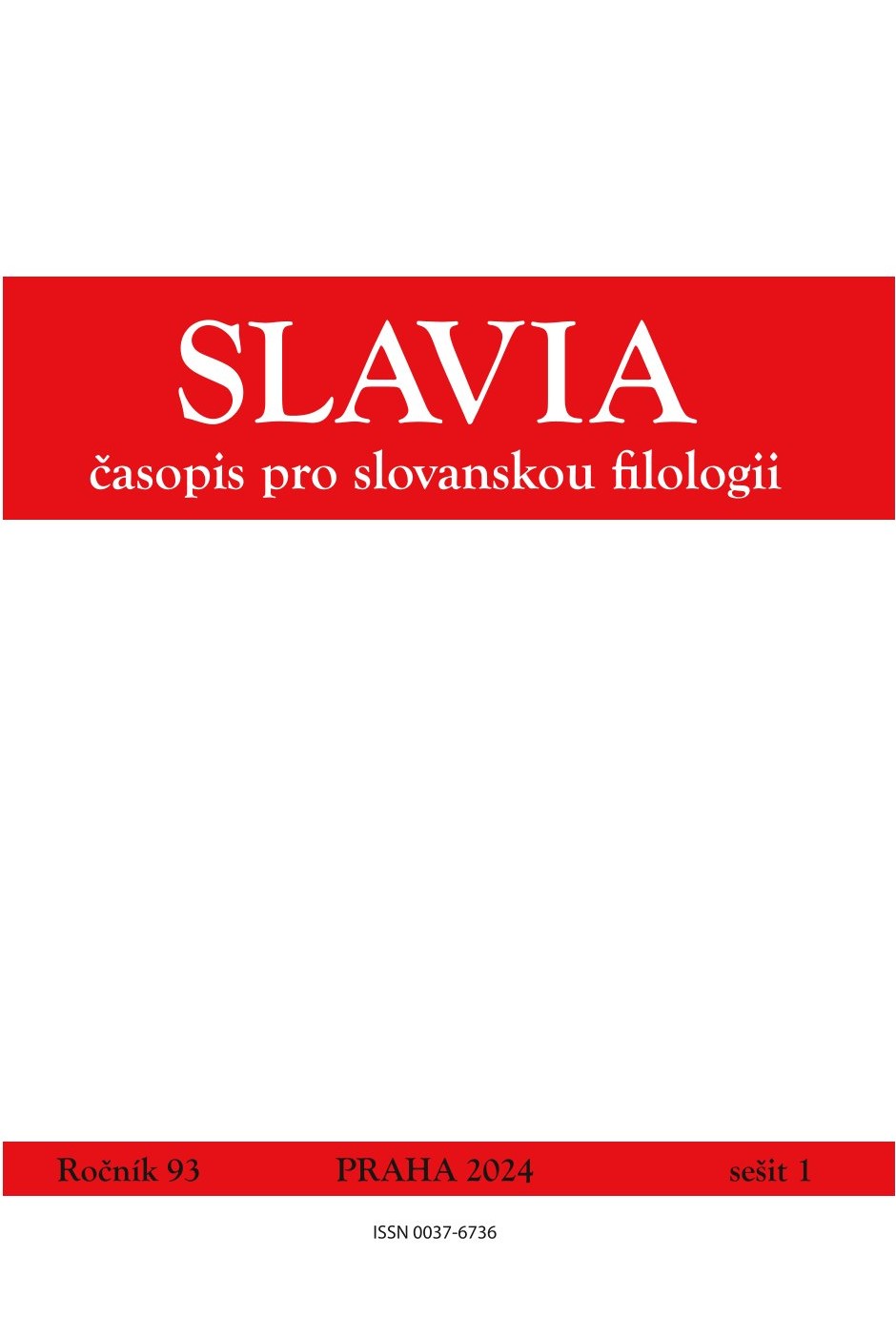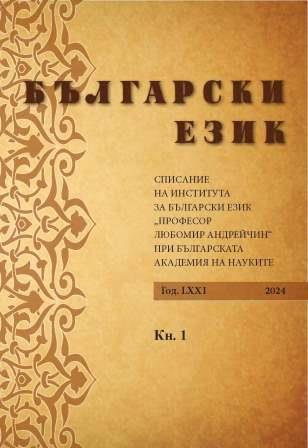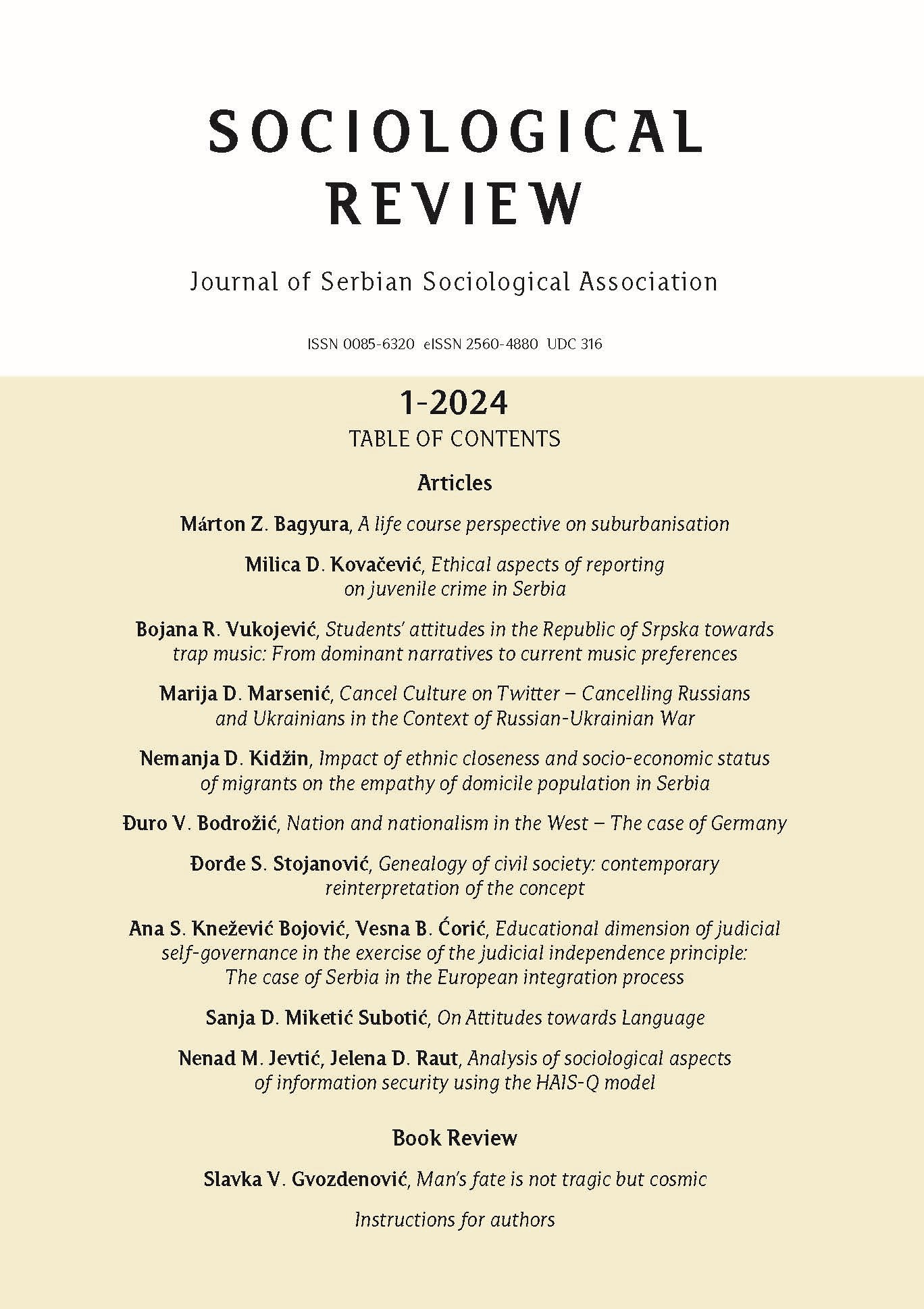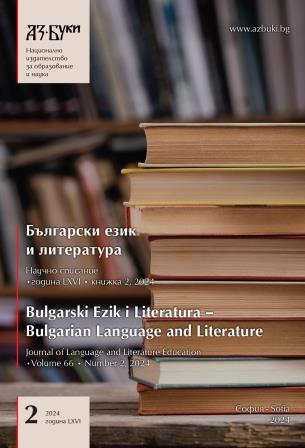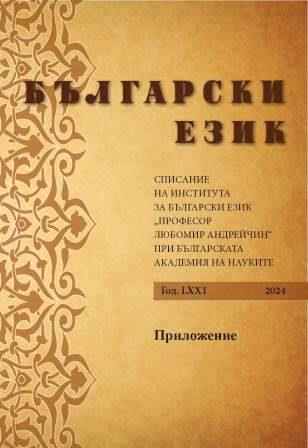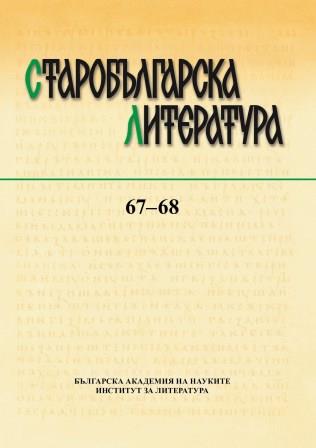
Един новооткрит сборник със смесено съдържание от втората–третата четвърт на XVIII в.
This article is devoted to a Bulgarian manuscript collection written in the town of Vidin by several hands around the second – third quarter of the eighteenth century; not later than the first quarter of the nineteenth century it was brought to Teteven, where it has been kept ever since. The collection of texts examined here is a typical example of the later miscellanies of mixed content, which are distinguished by the presence of numerous apocryphal and non-canonical works. Moreover, the inclusion of a number of apotropaic texts in the miscellany allows us to assume that its transcribers – most likely members of a relatively wealthy Vidin family of merchants and priests – had access to older amulet collections, which in the eighteenth and nineteenth centuries were frequently used in teaching children to read and write. The miscellany is also remarkable in that it reflects the personal tastes and pragmatic needs of its owners, who were not only obsessed with keeping evil forces at bay but also took pains to equip themselves with accurate calendar information on church festivals and fasts throughout the year, a Latin abecedary, and even a short Bulgarian-Hungarian dictionary whose presence in the manuscript hints at distant (most likely commercial) travels.
More...
